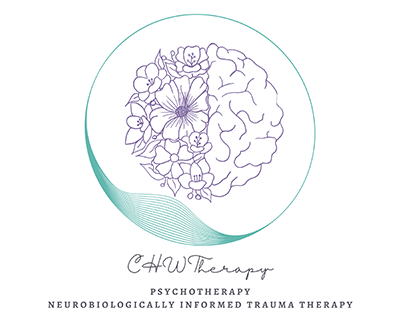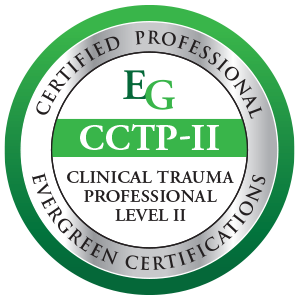About Trauma
Many people live with the effects of anxiety, PTSD and complex trauma. Our bodies re-experience survival stress for days, weeks, months, or even years, which leads to changes in our brains and bodies.
We now understand that trauma isn’t what happens to you, but how you respond to the traumatic situation, threat or stress. Something that is traumatic to one person may be no big deal to the next. Whether something becomes traumatic or not has a great deal to do with who’s around you while you experienced this event. Were you alone and scared? Were you comforted by friends and family? What sort of experiences and relationships did you have in the past and did they serve to equip you with the resources and resilience to deal with life´s stresses as an adult?
With the latest advances in neuroscience and trauma research, we now understand that trauma is not so much about the events we experience, but our capacity to manage those events depending on our other life experiences and attachments in the past. Trauma is often linked to experiences of abuse of any kind, illness, wars and natural disasters or catastrophic events. For many of us experience the situations that we struggle to cope with may seem “not such a big deal” yet we cannot find a way to manage them. Finding a way to make sense of these experiences and the impact they have on our own sense of self and relationship with others is a key part of the therapy process.











